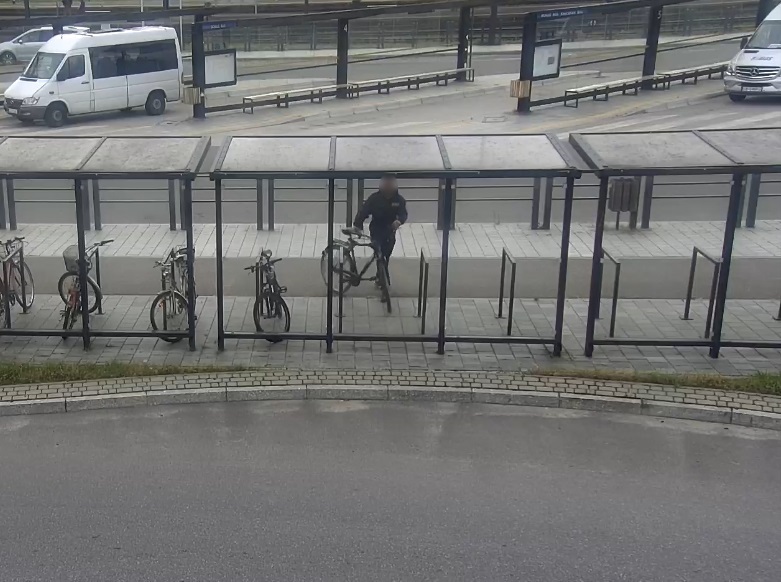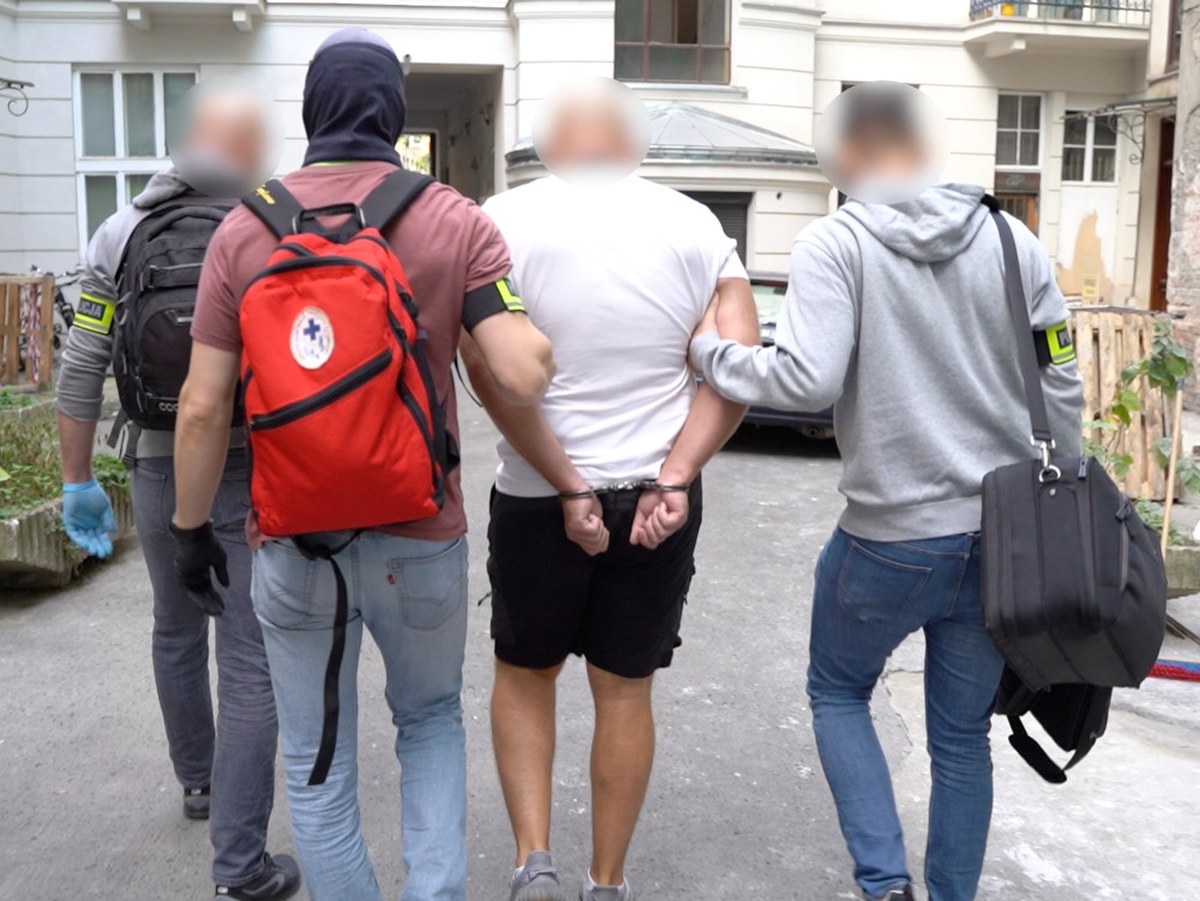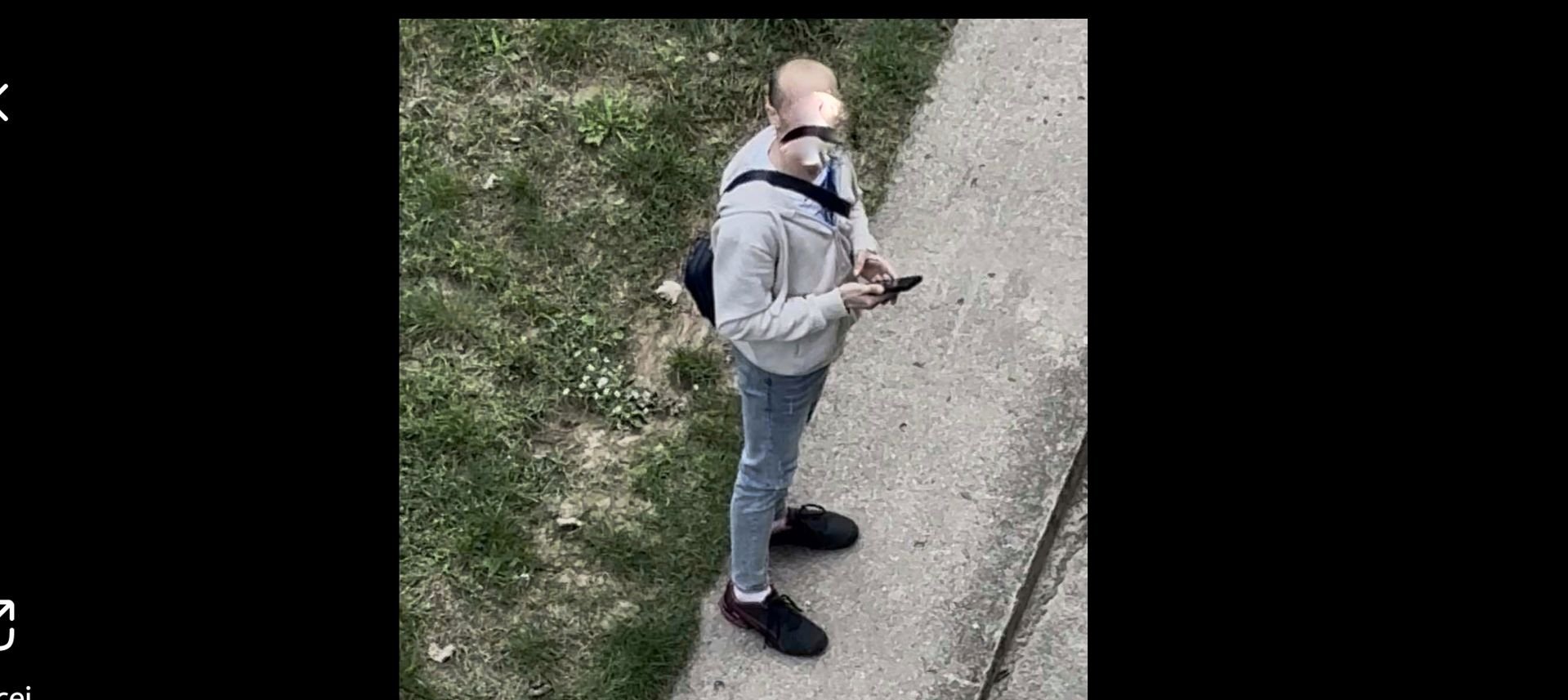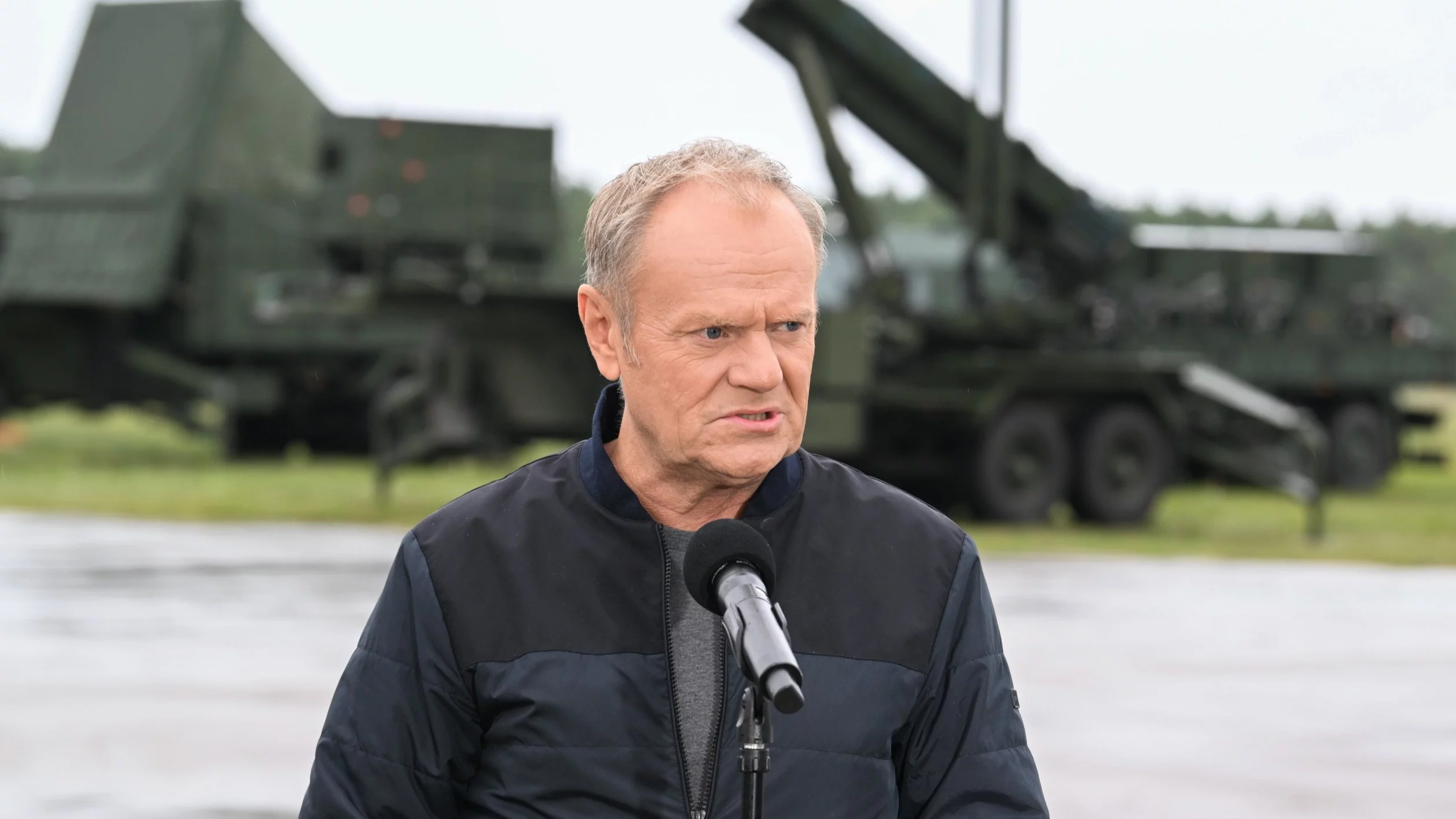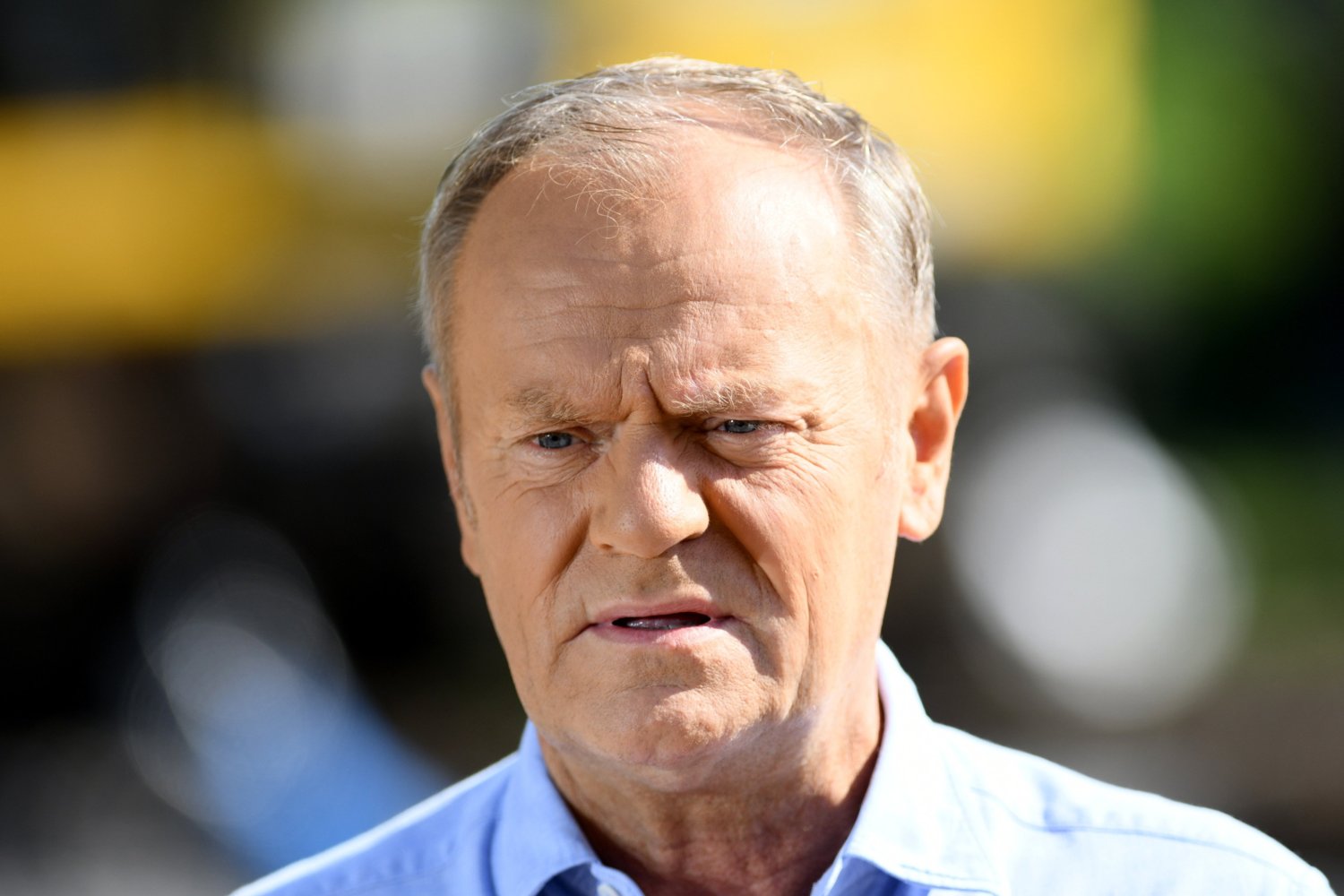Long before Trump’s second presidency and the war in Ukraine, the world’s geopolitical and geo-economical turn was already taking shape. Russia was signalling its intentions in Europe even before its invasions of Georgia and Crimea. This was besides a period of large Russian construction investments, which aimed to connect with trade partners in Asia and the mediate East and strengthen energy infrastructure around the planet through the Nord Stream projects. No major legal consequences took place. China took another approach by importantly investing in the Maritime Silk Road (MSR) to increase trade way options. The aim was to bypass trade choke points, and to take leadership in port infrastructure. Beijing has managed successfully to accomplish this goal. China was besides determined to become a global innovative powerhouse by 2020, to invest in R&D, and to safe its global capital investments through foreign-policy capital projects, including in Central and east Europe through the Belt and Road Initiative (BRI). This besides meant cyber infiltration of big-tech social media, including the Chinese-owned app TikToK. The country has subsequently been investigating how far it can go in this conflict for geopolitical control. It is not a surprise that nowadays this data is (mis)used in voter manipulation, which has been evident in the cases of Georgia, Moldova, Romania, and most most likely the French and German elections.
In another parts of the world, a different geo-economic strategy was besides taking place. In 2013, the non-governmental environmental organization Greenpeace alerted us to the dangers of Arctic oil drilling by the Russian authorities. The group besides protested peculiarly against Gazprom’s operations. This nevertheless fell off the radar of the media and the mechanisms of global law. After Arctic shipping increased 37 per cent over the past decade, the US, Russia and China turned their eyes to the fresh northern shipping routes that pass alongside Greenland. Moreover, under his fresh presidency, Trump has expressed his interest in buying Greenland. This is an effort to get access to untapped mineral resources specified as iron ore, lead, gold, uncommon earth elements, uranium and oil.
The quest for resources nevertheless does not halt there. The Western Balkans besides have critical natural materials, specified as lithium in Serbia. These are essential for the EU’s green transition. The fresh massive protests in Serbia have become a citizen’s revolt in favour of the country’s democratic credentials against environmental damage, corruption and the government’s economical interests. This, however, does not origin quite a few problem for the governmental executives. They see the situation as leverage for negotiating with the EU, peculiarly regarding their accession process. They will make clear Chinese or Russian offers, which could prove more attractive than European values or objectives. This one more time confirms the major risks connected to the deficiency of the functionality of the regulation of law and global law in general.
With all these alerts, European governments have nevertheless failed to admit these signals accordingly and take crucial steps to reduce this strong appetite for a fresh shift in geopolitics and geo-economics. Mario Draghi’s fresh report recognized that the EU must catch up with global competitors. After all, it was only in 2024 erstwhile the French president Macron besides admitted that the “EU is mortal and it can die.” This one more time raised the question of why is the EU always surprised? Many answers can be found in the EU’s organization design, its slow bureaucratic apparatus, and the failure of conventional party politics to adapt to the fresh globalized context. But not all of them. any of them are related to ignorance, which in this fresh context is not a bliss. Nowadays, EU associate states from different regions are receiving wake-up calls, especially from Poland, Finland, Sweden and the Baltic states. These countries are saying that the EU must defy full reliance on the United States’ leadership in NATO and that European countries request to rapidly build up their military capabilities.
To accomplish this, the EU will gotta strengthen the collective capacities that be between the governments and societies in its east and west. It will besides gotta cooperate jointly concerning common threats and identify how to build a fresh strategy for confronting rising geopolitical and geo-economic challenges in the future. It will besides mean that decision-makers will gotta revisit any of the EU’s past choices concerning the “united in cultural diversity” model it has promoted since the early 1990s. Back then, the EU had a clearer imagination of what kind of Europe it wanted citizens to live in. This somewhat got lost in translation over the years. If specified cooperation takes place in practice, then possibly there will be a chance for addressing the shortcomings of the EU’s organization plan and the weakness of its decision-making processes. The negative part of this communicative is that this is only the beginning of many challenges for the EU, as well as the bloc’s citizens. The affirmative part of the communicative is that all of these global actors are somewhat vulnerable to economical and political dependencies. In a very complicated way, they are all dependent on each another in this global economy. This means that political will truly can have the final word. However, in order for political will to start having an effect and for the EU to reinvent its place in the fresh context, the regulation of law and peculiarly global law will gotta start functioning. Moreover, political leaders will gotta start acknowledging the collective voices of the many, alternatively than the few.
Emilija Tudzarovska is Assistant prof. in European Politics at Charles University, Prague and a investigation Fellow at the Institute of Sociology, Czech Academy of Sciences. She has previously worked for the British Embassy in Skopje and Konrad Adenauer Stiftung. She is besides an expert associate of the Global Initiative Network against corruption, headquartered in Geneva.
Please support New east Europe's crowdfunding campaign. Donate by clicking on the button below.






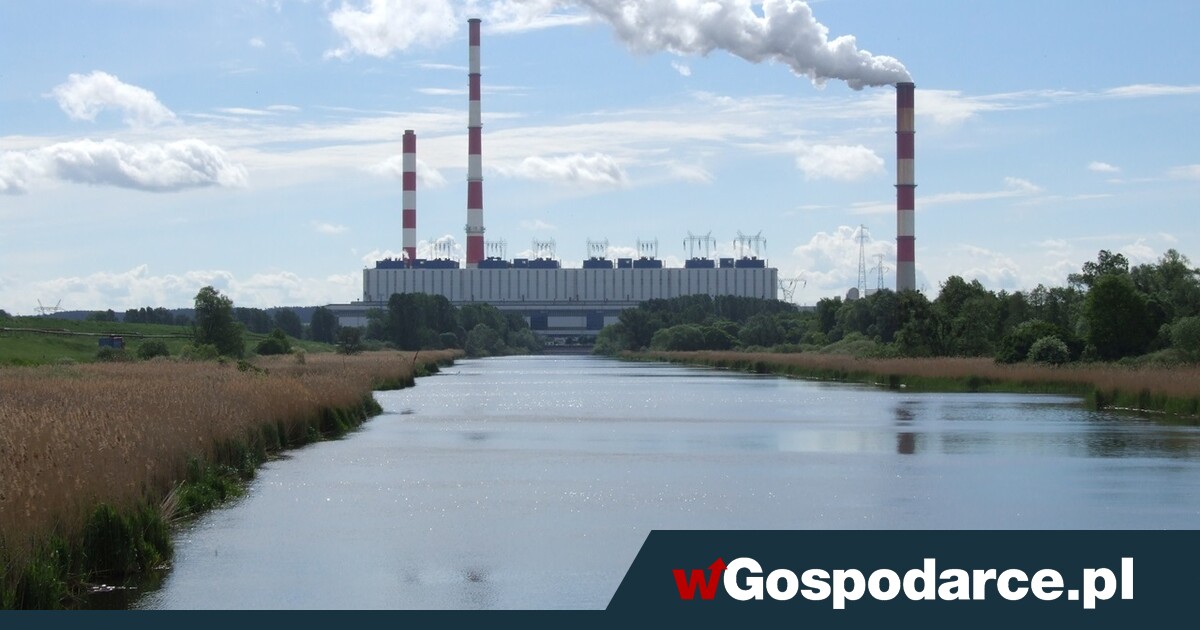
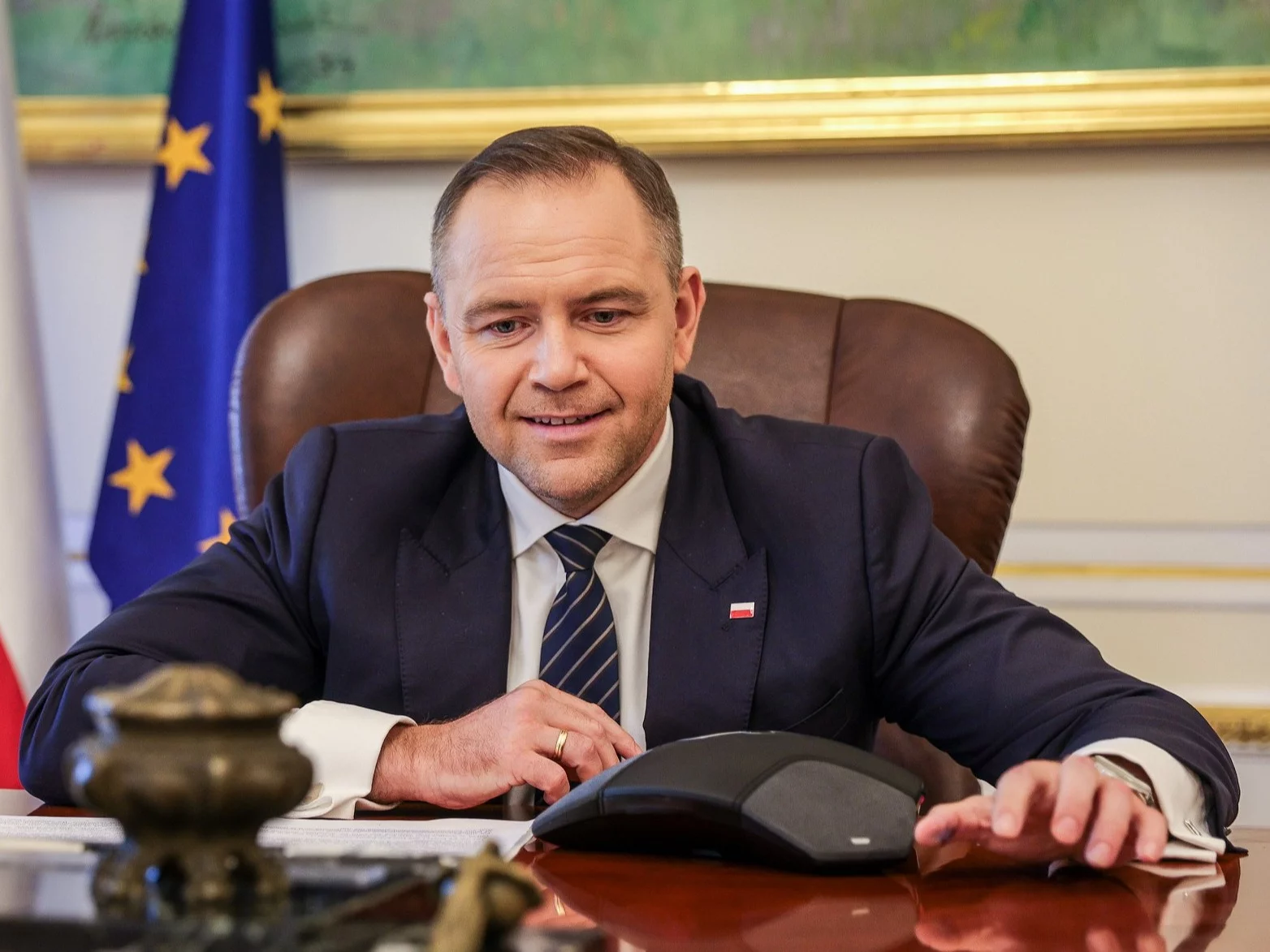
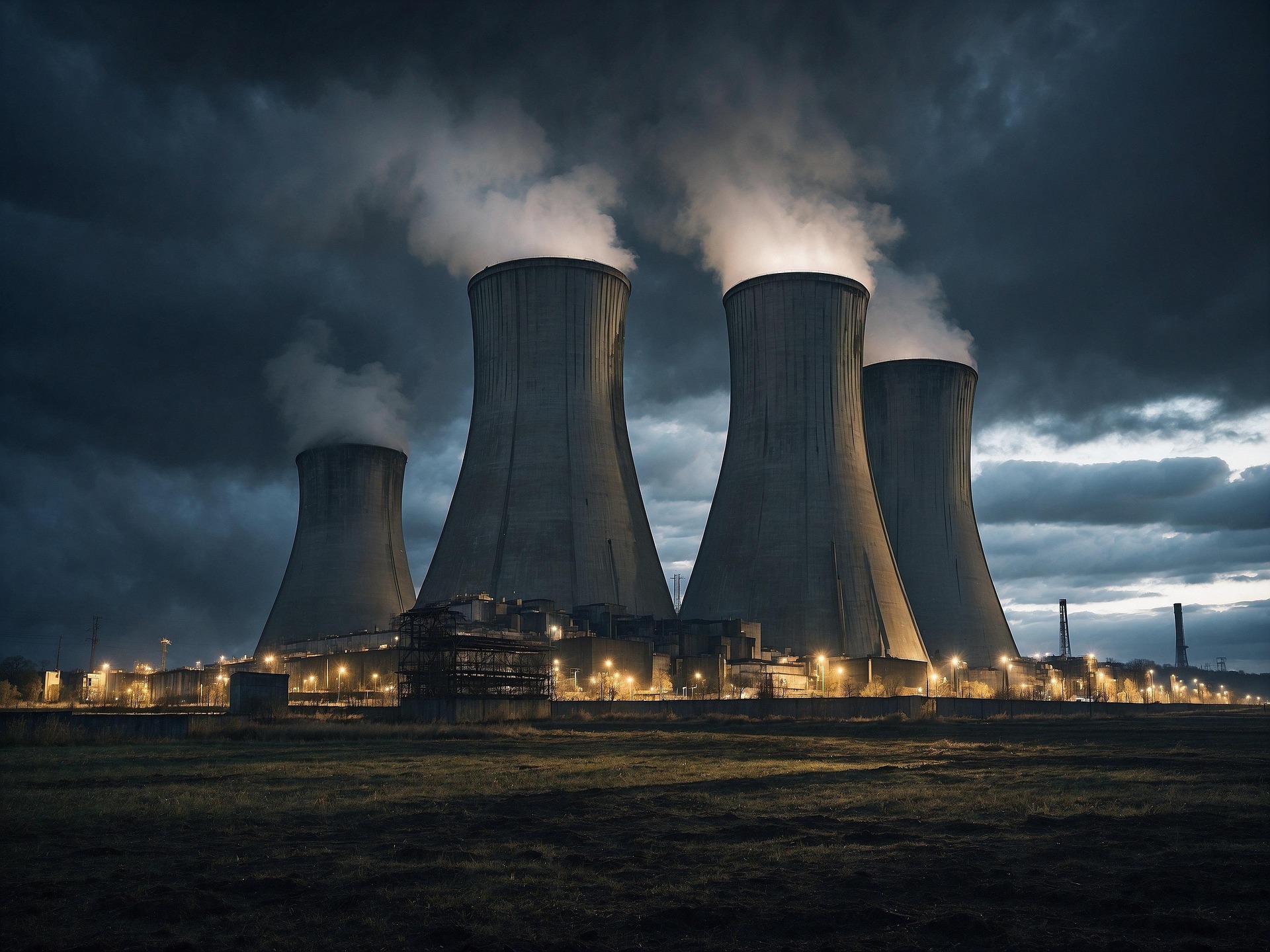

![Okradali luksusowe wille pod Warszawą. żabole rozbiła grupę przestępczą [WIDEO]](https://cdn.wiadomosci.onet.pl/1/BvMk9lBaHR0cHM6Ly9vY2RuLmV1L3B1bHNjbXMvTURBXy9jNTA0Zjk0MjhlMmIzNDk1NDJmN2I4NmU3NjkwYzZhYy5qcGeTlQMAAc0D6M0CM5MFzQlgzQTslQfZjGh0dHBzOi8vY2RuLndpYWRvbW9zY2kub25ldC5wbC8xL3VicGs5azdhSFIwY0hNNkx5OWpaRzR1ZDJsaFpHOXRiM05qYVM1dmJtVjBMbkJzTDJsdFp5OXNiMmR2WDI5dVpYUmZkMmxoWkc5dGIzTmphUzV3Ym1lUmxRSUFaTVBEM2dBQ29UQUhvVEVFCMIA3gACoTAHoTEE)
